COURSE OVERVIEW
HE1078 : Identifying the Ways of Commercial Fraud in Food
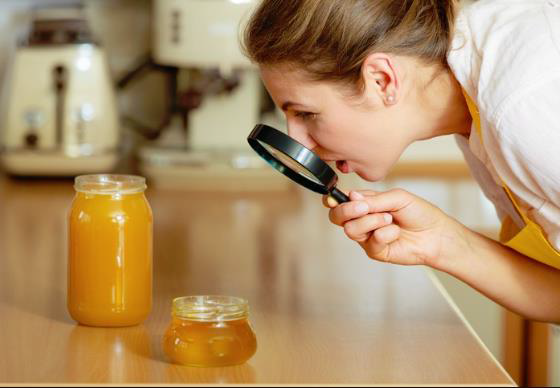
OVERVIEW
| COURSE TITLE | : | HE1078 : Identifying the Ways of Commercial Fraud in Food |
| COURSE DATE | : | Dec 21 - Dec 25 2025 |
| DURATION | : | 5 Days |
| INSTRUCTOR | : | Dr. Rawda El-Sheikh |
| VENUE | : | Dubai, UAE |
| COURSE FEE | : | $ 5500 |
Course Description
When consumers think of food additives, they usually think of chemicals directly added to food, like preservatives, food colorings and flavorings, and sugar substitutes. However, the term “food additive” is legally defined to cover any substances which may become components of food. The term “food contact substances” (FCS) is used in the U.S. to include components of packaging materials, and materials used in the processing, handling, and storage of food.
This course is designed to provide participants with a detailed and up-to-date overview of identifying the ways of commercial fraud in food. It covers the modern analytical science techniques and how they can be used to uncover food fraud; the active and intelligent packaging technologies; the various methods of food fraud detection; the infra-red detection of fraud in coffee, dry food, crops, wafers and milk products; and the ways of commercial fraud in food.
During this interactive course, participants will learn the food safety foundation and food safety management; the origins of honey using stable isotopes and the ways of commercial fraud in food; recognizing the nuclear magnetic resonance spectroscopy and the horsemeat scandal; the commercial cheating methods in food including labeling, packing, commercial signs and para code; the HACCP procedures and the general issues with food fraud; the scientific techniques for detecting fraud; how the food fraud might impact on consumers and producers of foods; and reflecting the social and economic impacts of food fraud.
TRAINING METHODOLOGY
This interactive training course includes the following training methodologies:
LecturesPractical Workshops & Work Presentations
Hands-on Practical Exercises & Case Studies
Simulators (Hardware & Software) & Videos
In an unlikely event, the course instructor may modify the above training methodology for technical reasons.
VIRTUAL TRAINING (IF APPLICABLE)
If this course is delivered online as a Virtual Training, the following limitations will be applicable:
| Certificates | : | Only soft copy certificates will be issued |
| Training Materials | : | Only soft copy materials will be issued |
| Training Methodology | : | 80% theory, 20% practical |
| Training Program | : | 4 hours per day, from 09:30 to 13:30 |
RELATED COURSES
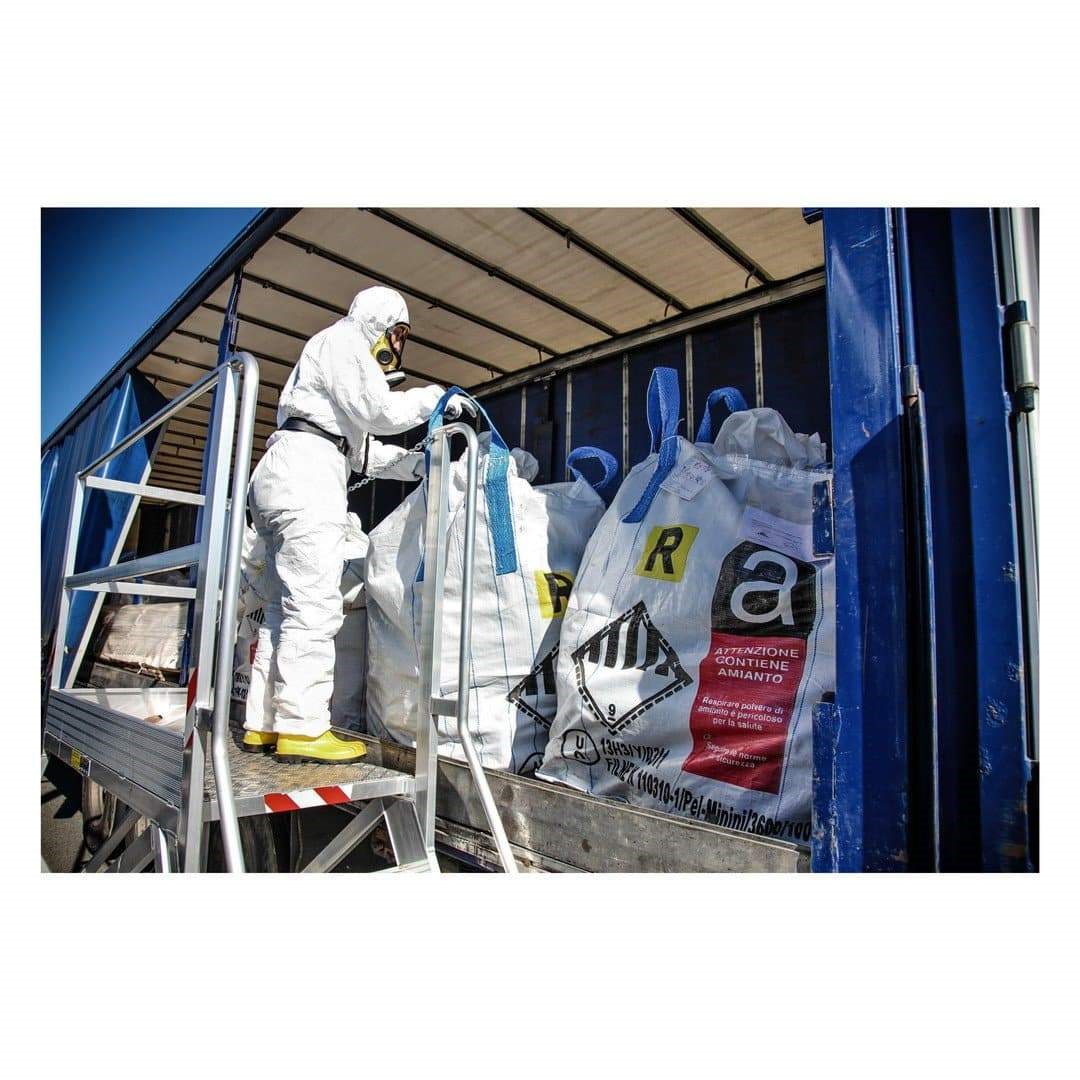
HE1939 : Industrial Hygiene Certification Program: BOHS-M504: Asbestos and Other Fibres (Accredited by the British Occupational Hygiene Society-BOHS)
- Date: Mar 29 - Apr 02 / 3 Days
- Location: Dubai, UAE
- Course Details Register
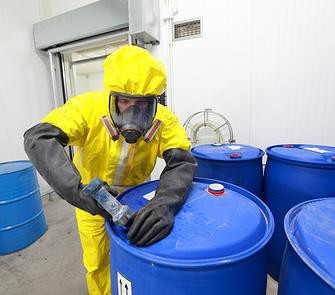
HE0904 : Basic Principles of Industrial Hygiene (Certified)
- Date: Mar 29 - Apr 02 / 3 Days
- Location: Al Khobar, KSA
- Course Details Register
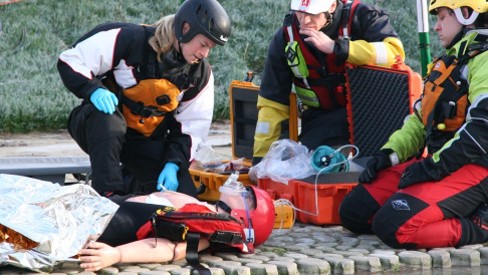
HE0970 : الإسعافات الأولية
- Date: Mar 29 - Apr 02 / 3 Days
- Location: Kuwait
- Course Details Register
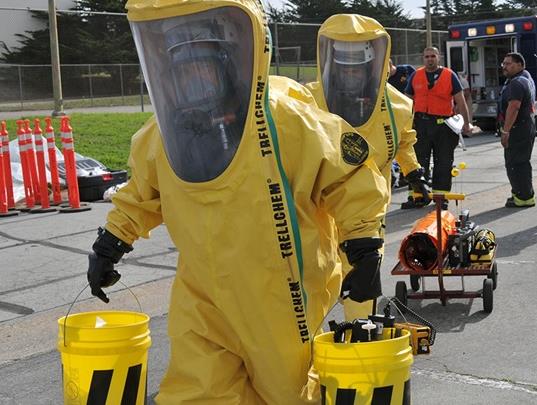
HE0581-3D : Certified Radiation Protection Officer (RPO) In-line with the Requirements of the Federal Authority for Nuclear Regulation (FANR)
- Date: Mar 02 - Mar 04 / 3 Days
- Location: Dubai, UAE
- Course Details Register
